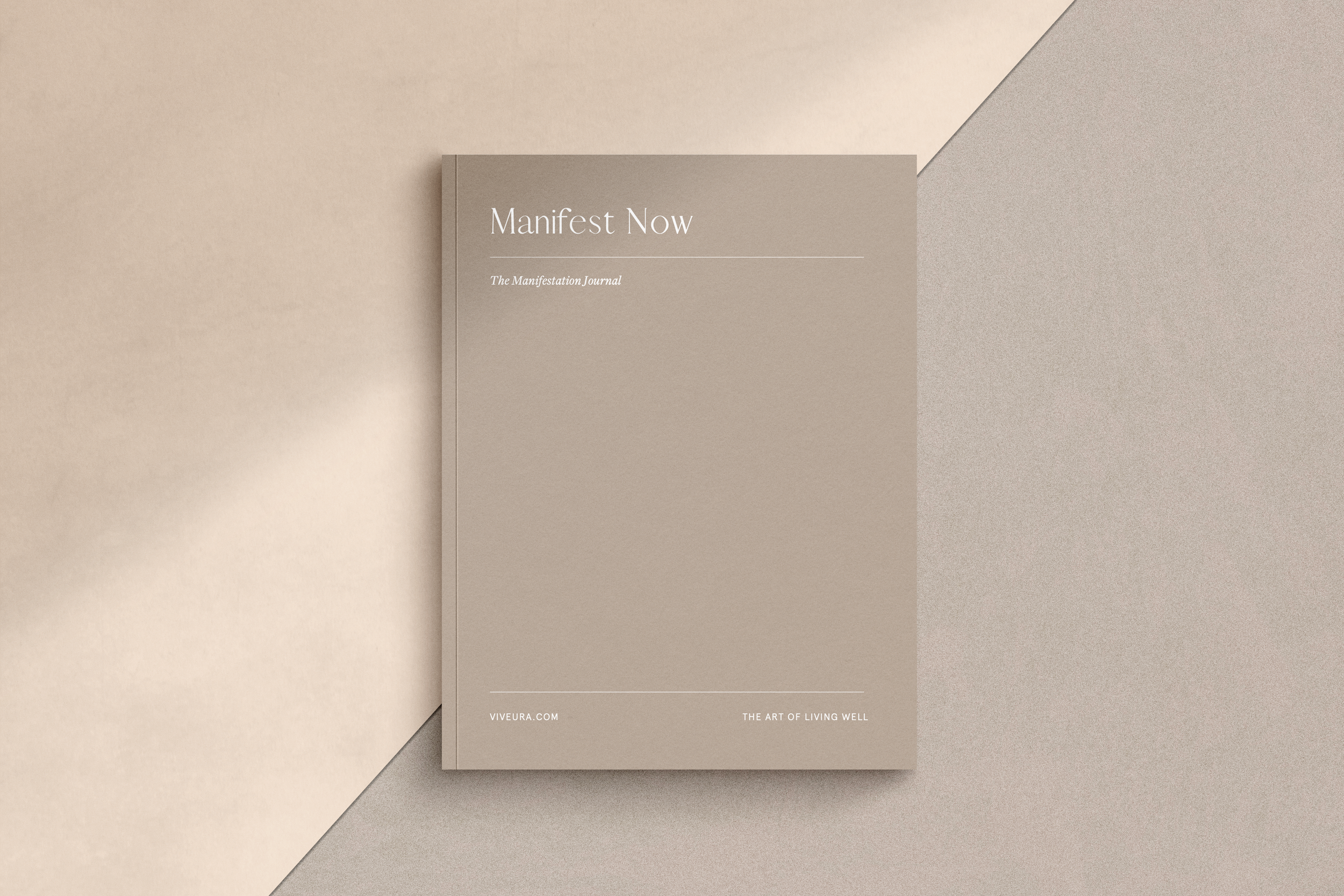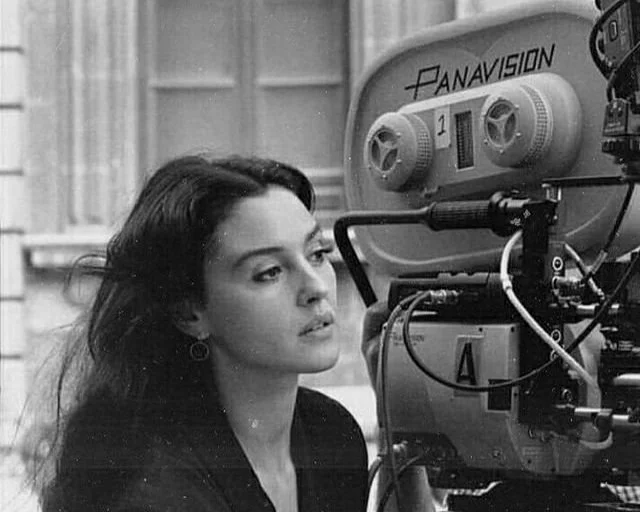How to Achieve Financial Freedom
In the journey towards financial freedom and building wealth, navigating the ever-evolving landscape of investments, savings, and budgeting can be both exhilarating and daunting.
It's a path that demands persistence, a clear strategy, and the occasional leap of faith. My own journey has been a mosaic of lessons learned, strategies honed, and beliefs challenged. I've finally perfected my plan, and will share my simple approach to managing my money, along with the principles and practices that have steered me towards a secure financial future.
From manifesting a mindset of abundance to implementing a disciplined approach to saving and investing, I'll discuss the straightforward strategies that have been instrumental in my pursuit of financial independence. Please note that I am not a licensed investment professional and my personal financials should not be used to inform yours. This is informational and inspirational only, so please consult with a financial advisor.
Rules
My simple financial rules are to spend less than I earn, save and invest the surplus, avoid consumer debt and speculative investing, and acquire assets not liabilities. I also generate most of my income, active and passive, from owning businesses and investments vs. earned income working for someone else. Even with a love for luxury living, I adhere to these rules which help me achieve my core goals.
Goals
After basic survival, humans shift to thriving. I believe there are universal desires that everyone wants that can be distilled down into three areas I call the trifecta of wealth:
Fortune
Freedom
Fulfillment
Fortune, for me, is defined as financial independence. This is the ability to live off of my assets. A rule of thumb is being able to withdraw 4% of assets to cover expenses. I have achieved financial independence, which has unlocked my second goal.
Freedom, for me, is defined as the ability to do what I want to do, when, where, and how I want to do it. It's also the ability to have what I want without restriction, achieved through positive means, within reason and moderation. But most importantly, it is freedom from fear (peace of mind). Freedom, in turn, unlocks the second goal.
Fulfillment, for me, is defined as the ability to spend my time, energy, money, and any other resource on what I love and truly desire. Specifically, creative service and giving of myself in a way that brings me joy and inspires others.
Budget
Despite being financially independent, I don't touch my investments and continue to earn money doing work I love. I also don't use a formal budget, but rather a simple allocation:
50% towards expenses and discretionary spending, though I usually end up investing a significant surplus from this category as I live well below my means. I have all of my fixed living expenses on autopay, and the rest either sits in my checking for any discretionary spending or is moved to an investment account.
50% towards investments including pre-tax retirement and health accounts, a taxable investment account, and a high yield savings account. I contine to build wealth by maxing out retirement contributions, ensuring at least a year of expenses is in my high yield savings, then investing the rest in my taxable investment account.
Assets
Accumulation
I am still in the accumulation phase of my financial journey since I can, but don't desire, to retire any time soon. So I leverage low cost index funds with a high percentage in stocks.
90% Stock
5% REITs
5% Cash
Preservation
As I near retirement I will begin to shift my fund allocation in order to manage my assets more conservatively, however this is decades away.
75% Stocks
15% Bonds
5% REITs
5% Cash
Keep in mind, I have a finance background and put quite a bit of research into coming up with these personalized allocations, so highly advise you to do your own research or consult with a financial advisor. Moreover, the above is just the break down of my brokerage assets, and doesn't include investments in my businesses and physical real estate.
Accounts
This is a further breakdown into my main accounts for investing, saving, and spending:
Emergency Fund — I put cash into a high yield savings account for any emergencies (minimum of a year of expenses).
Retirement Funds — I maximize contributions, up to the IRA limits, into self-directed retirement (e.g. 401K, IRA) and health savings (HSA) accounts that I utilize as long-term investments.
Taxable Fund — I have an account to invest any surplus after my emergency fund and pre-tax contributions to retirement and health accounts are maxed out.
Credit Cards — I use these for the majority of my personal and business expenses to earn points and have stronger fraud protection than using a debit. They are paid in full each month.
Checking Account — I rarely use my debit card but keep cash on hand for any expenses that can't be charged to a credit card.
Banks
Charles Schwab
This is my brokerage firm where I invest in low cost index funds for retirement, health (HSA), and taxable investment accounts. My key funds are the Target Date Fund (a blend of ETFs pegged to my retirement year), SWTSX, SCHD, and SCHH. I also have the Schwab Investor Checking Account which has no monthly service fees or account minimums, unlimited ATM fee rebates, and no foreign transaction fees.
American Express
I have an AMEX high yield savings to hold my emergency funds. I also have an American Express Platinum Card that I utilize mostly for the travel benefits and points as I am a frequent traveler. For daily expenses I use the American Express Gold Card as it offers more points especially for dining and groceries, which is where a lot of my discretionary spending goes after travel.
Additionally, I have a business checking and credit card through AMEX. The benefits, perks, and points I receive through all of my credit cards more than cover their annual fees.
Master the Markets Course
Elevate your investment strategy by leveraging wisdom and insights from renowned investors like Ray Dalio, who manage over $150 billion in assets.
Themes
Above, I provided a simple break down of how I manage my money. What backs this strategy is an annual financial planning session with key themes I review and refine to oversee my broader wealth management plan. Here are the areas I suggest you research, plan, and tailor to your unique financial needs.
Financial Blueprint — Establish precise financial objectives tailored to your ambitions and that mirror your income, lifestyle preferences, and future goals.
Cash Flow — Oversee your expenditures meticulously. Use whatever tools and apps that work for you to monitor expenses and adhere to your financial plan.
Safety Net — Secure a robust emergency fund and research various insurance schemes to potentially leverage to safeguard your financial wellbeing against unforeseen events.
Avoid Debt — Reduce or eliminate consumer debt, which is any debt that doesn't generate current or future income, but only liabilities. This is crucial for overall financial stability.
Boost Savings — Keep cash in high-yield versus traditional savings accounts. so you can more rapidly grow your financial reserves.
Invest Wisely — Learn basic investing concepts, and understand the need for diverse investment vehicles such as stocks, bonds, and real estate. Study their risk profiles and how to optimize returns.
Plan Retirement — Open the right retirement savings vehicles and maximize contributions. Know how much you must accumulate to be financially independent, and how to manage those assets once you do retire.
Reduce Taxes — Employ strategies for minimizing taxable income and leveraging deductions effectively. Explore how tax-advantaged investments and accounts can enhance your financial growth.
Amplify Income — Explore ways to generate additional income, especially through diverse and passive sources. Become knowledgeable about how different investments, properties, and businesses can bolster your financial foundation.
Resources
Your objective should be to construct a consistent plan that not only safeguards your financial health but also propels you toward achieving wealth and financial independence. I recommend these books and articles that will encourage thoughtful planning, informed decision-making, and proactive steps toward cultivating a prosperous financial future.
Written by J.L. Collins, this book is a simple guide aimed at demystifying the complex world of personal finance and investing. It offers straightforward advice on how to achieve financial independence and security. Collins advocates for a simple, low-stress approach to managing money, emphasizing the importance of saving, living below one's means, and investing in low-cost index funds.
Author and investor Morgan Housel explores the behavioral aspects of how people think about, handle, and make decisions about money. Unlike traditional financial advice books that focus on the mechanics of money management, Housel delves into the psychological and emotional factors that drive our financial behaviors.
Personal Finance Lessons for Financial Freedom and Abundance
Wondering what it takes to be prosperous and live an abundant life? It starts with the right mindset and habits. In this article, we discuss time-tested personal finance lessons for wealth-building.
How to Get Rich: A Blueprint for Becoming a Millionaire
Everyone wants to get rich, but not everyone understands the path to becoming a millionaire. In this article we offer a blueprint for building wealth and obtaining financial freedom.































